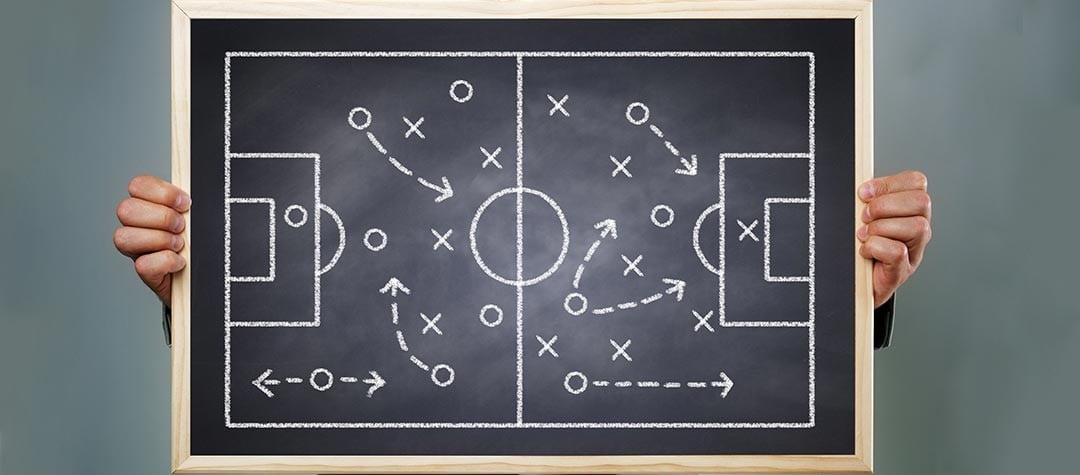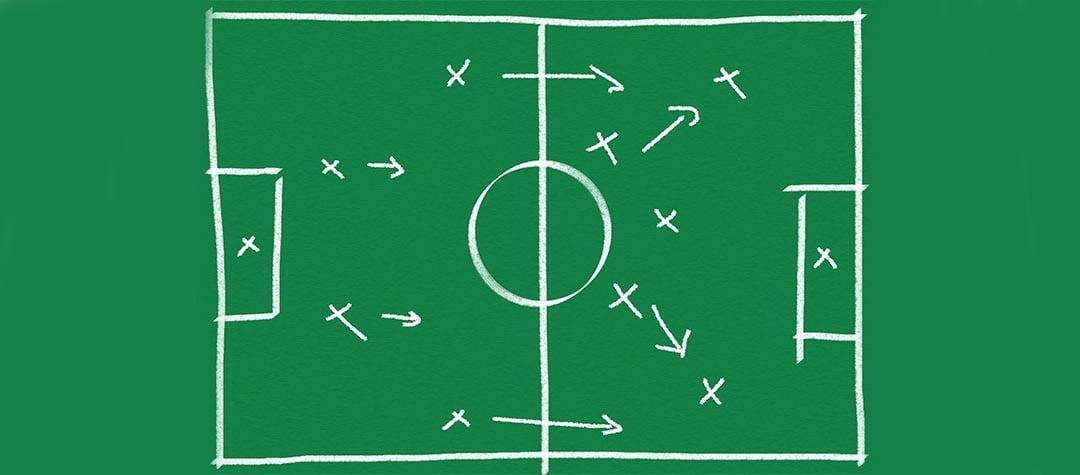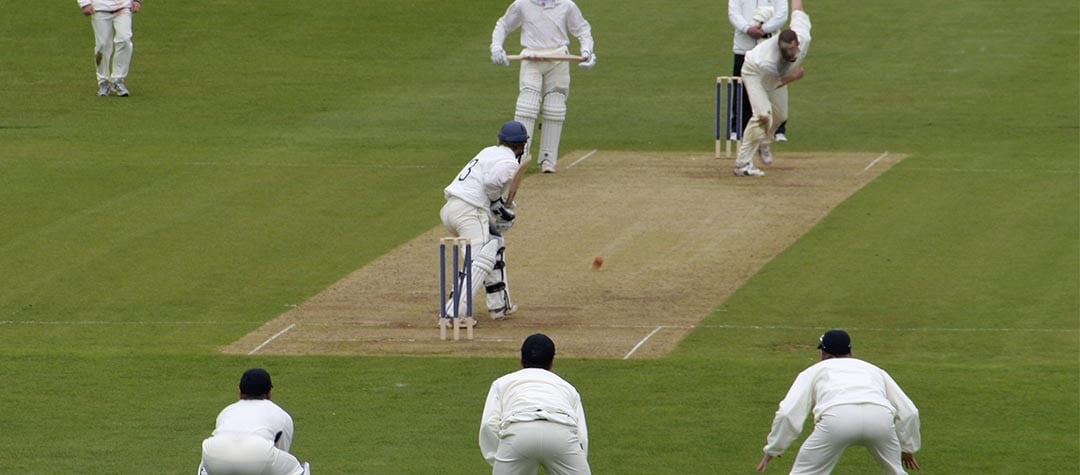Dance by the rules with our guide to standard dancing conventions and common etiquette.
Dressing correctly for dance
Deciding what to wear to a dancing event can initially be a daunting experience. However, before you panic, it’s important to remember that dressing for a dance only requires you to match what other dancers are wearing. Primarily a group activity, it’s always good practice to follow the crowd and base your clothing choice on the formality or style of the event. No cowboy hats at black-tie balls, please.
Staying comfortable when dancing
As well as conforming to the dress code of the occasion, here are some top dance-wear tips you should try and follow to stay comfortable when dancing ...
- A good idea is to invest in a pair of decent dance shoes, to avoid ankle and knee injuries, and to keep your feet gliding across the floor. Normal shoes just won’t cut it.
- Jewellery and watches should be strapped or removed wherever possible, as they could catch your partner during a dance.
- When taking part in energetic dances with lots of movement, it’s best not to wear sleeveless shirts or strappy dresses. Hot and sweaty skin is not so appealing!
- Long hair should always be tied up during dance sessions. Hair can hit other dancers in the face during twists and turns.
- Always make sure you are well groomed, clean and odour-free when dancing. There’s nothing worse than dancing with a sweaty partner who has bad breath and greasy clothing.
Asking someone to dance
When asking someone to dance, always offer directly and look them in the eye. Try to ask someone who looks like they are willing and ready to dance. It’s best to dance with a number of different partners throughout an event, with people from a variety of levels. It may seem a challenge to keep up with stronger dancers at first but it really is the best way to learn.
If you do find that people are declining your dance offers, don’t be discouraged. They may just need a break from the proceedings, or they might not know the dance style. Allow your confidence to bounce back and simply go and ask somebody else.
The line of dance
Dancing on a floor traditionally progresses in a counterclockwise direction, referred to as the ‘line of dance’. This goes for traveling dances such as the waltz and the tango. Whilst many dances follow this line, some styles like Latin and swing are more stationary, so be aware of what type of dance you’re about to take part in to avoid embarrassment.
Entering and leaving the dance floor
Be cautious when initially entering the dance floor. Other dancers may be moving quickly and you don’t want to get in their way. When leaving the dance floor, quickly move off it before the start of the next dance to avoid causing disruption. Always compliment your partner when you leave the floor, following a dance - it’s a common courtesy in dance.
Good manners during dances
Above all else, don’t hog the dance floor. Be cautious when dancing and respect the personal space of others. Don’t get too close to nearby couples on the floor and prepare to quickly change direction to avoid congested areas. Try and match your footwork to guide you to more spacious areas of the dance floor.
Avoid trying to be too flashy in your dancing. Aerials and other trick moves can be incredibly dangerous to both yourself and other dancers. Any choreographed dance tricks which require a lot of floor space should never be attempted without permission and/or expert ability … two things you’re unlikely to have as a beginner.
Overcoming dancing mistakes
If mistakes are made during a dance, simply smile and carry on. A dance floor is no place for bitter scowls. Errors inevitably happen during dancing and they should not spoil the occasion. Remember that your own ability may differ greatly from that of your partner and attaching blame is therefore completely pointless. We all have to learn sometime so be patient with the progress of yourself and others.
Take things slowly when you first start dancing with a new partner. It will take a few moments before your differing dancing styles click so don’t rush into any complex moves that might put them off. When leading a dance, pay special care and attention to your partner. Don’t push or pull them too hard or they could get hurt.
Overall, it pays to be warm, charming and welcoming on the dance floor. No matter how many errors occur, offer good company for your partner and make frequent eye contact. Most of all try to enjoy yourself — when it comes down to it the aim is to have fun.














